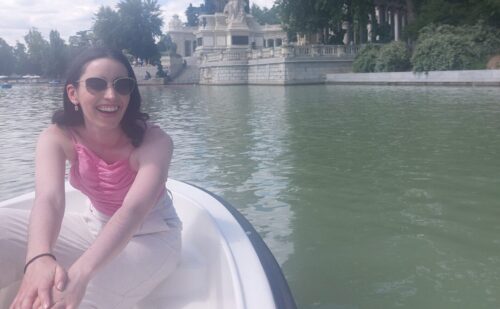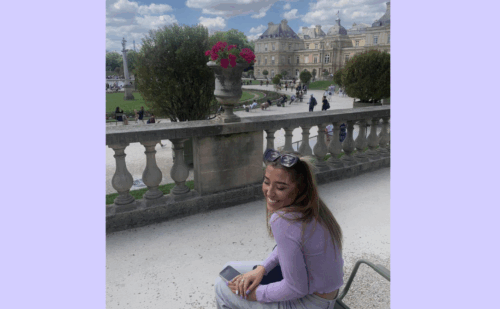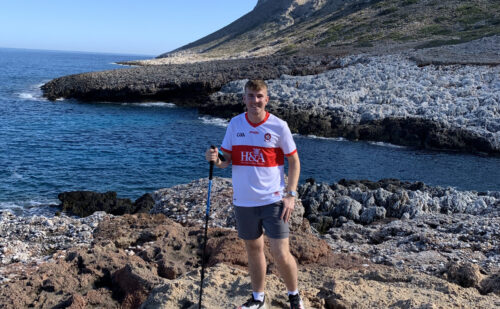“It is only when we leave that we truly discover our own identity” Vicky’s Erasmus+ Experience in France
Ms. Vicky Leahy
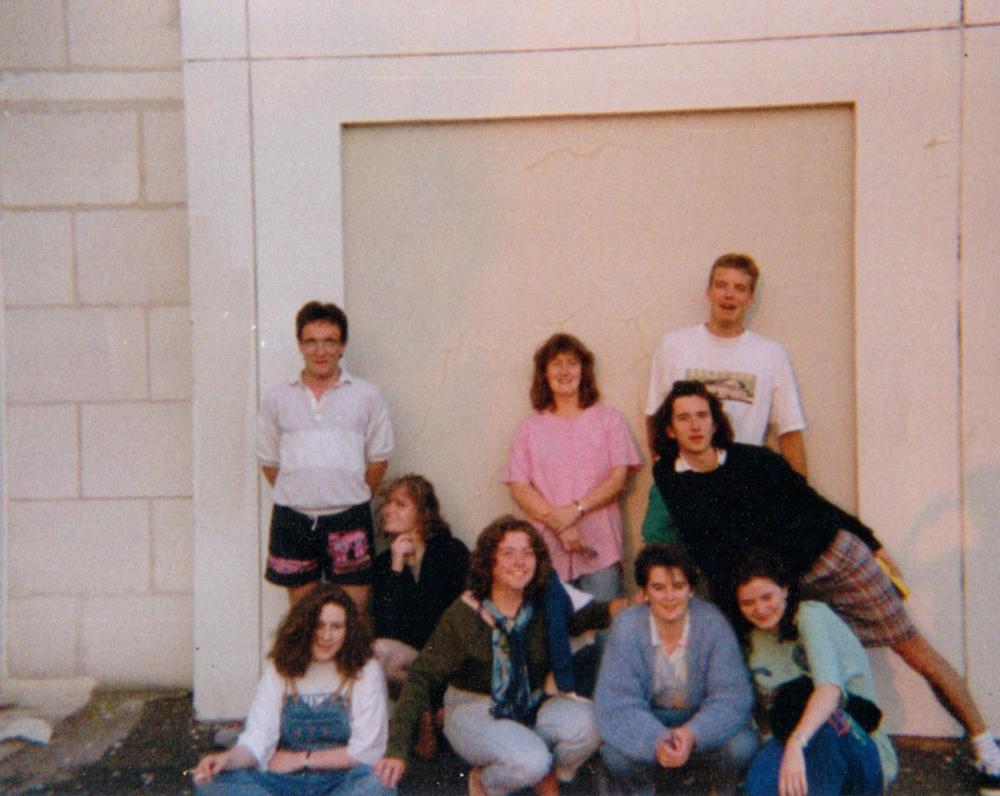
In the academic year 1989/90 “all changed utterly” for me.
Dramatic sounding, a cliché, oft repeated by returning Erasmus students yet nigh on thirty years later still true. Plus ça change, plus c’est la même chose.
As to whether I would be where I am now in my life without Erasmus, who knows, but it has certainly contributed to my perspective on life.
In September 1989, I, along with a group of other language (French and German) students from University of Limerick embarked on a journey Angers bound in the north west of France, just south of Brittany. This was before Ryanair days so it was the Cork-Roscoff ferry for us. Were we prepared? Did we know what was ahead of us? No, but is that not the essence of adventure?
In my job today as a Language Lecturer in DkIt (Dundalk Institute of Technology) I facilitate pre-Erasmus workshops for students going abroad. Yet, even armed with some tips it is still an adventure, still true to the original odyssey it is meant to be. Socio-economically students may differ from when I went; many still live at home with their families, have part-time jobs, cars whilst we were mostly in digs, renting and carless! Yet the experience remains true to itself; uncynical, wonderful, and multicultural.
Students seek out their fellow countrymen in the early days, fearful of the unknown, then bond with other nationalities experiencing the same assailing of the senses, and ultimately reach out to the host nationality. In a way, Erasmus maps the “culture shock” journey that all who travel engage in.
It is heartening as a language lecturer to watch students experience what I did 30 years earlier and to still feel that thrill through their eyes. It never ceases to make me believe in humanity and that sense of reaching out to others.
I became an Erasmus convert, in that I also spent time in Karlsruhe in the south-west of Germany in 1991/92. On completing my degree, I continued the nomadic lifestyle travelling around Europe: France, Germany, Belgium, Austria, Scotland, England.
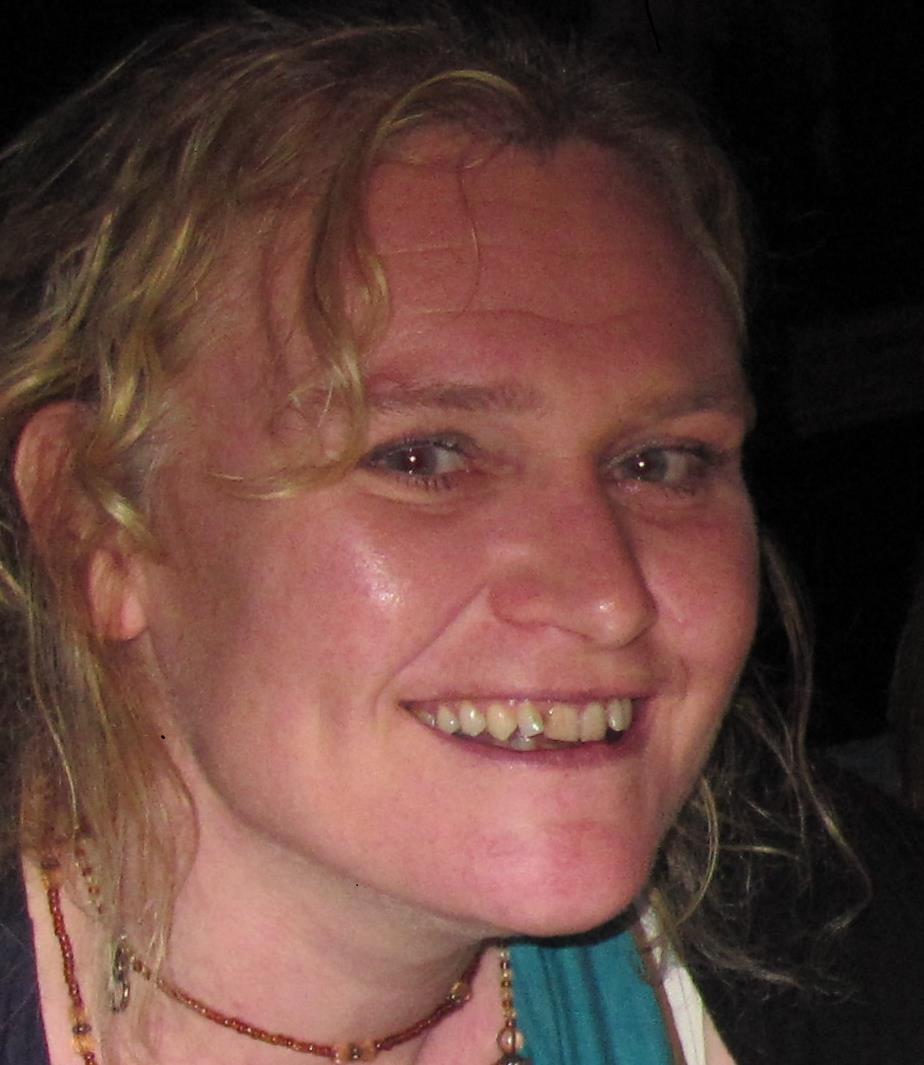
Following a research master’s in Social Policy, I began lecturing French and German at Dundalk Institute of Technology. Over the past 20 years, my role has expanded to lecturing on the Intercultural Studies stream which still incorporates much of what I have learned regarding cultural competence on Erasmus. However, my heart lies in languages.
Even though Anglophones are reticent regarding modern language learning, we can still enthuse new learners with an array of opportunities such as telecollaboration, (blended learning which involves French & Irish students corresponding through Gmail, Skype etc.) and séjour to our partner colleges. I’ve been involved in setting up these projects at DKIT with Béthune IUT (Telecollaboration) and LeHavre IUT (short reciprocal student exchanges) in an attempt to go from virtual mobility to the ultimate physical mobility: Erasmus.
Yes, I eventually returned to Ireland, but with a deeper knowledge of Europe and my own culture and sense of Irishness. It is only when we leave that we truly discover our own identity.
As I say to my own students now, 99% of what you learn is about life itself, the language comes along and through it. Of course, a lot was learnt of love too! And many the match was made at Erasmus parties! In this era of political turmoil perhaps we need ERASMUS even more, to open ourselves up, to see the other point of view and to step outside of our comfort zone.
The ECSC (European Coal and Steel Community) was born after the chaos of two World Wars and the idealism of a Europe without war began. Hence, Erasmus for me represents the idealism of student mobility and that true sense of Education: experiential and openness of spirit.
Yes, we should have an “esprit critique” regarding Europe and programmes it supports such as Erasmus, but if nothing else does it not underline the true sense of being European?
Want to have your Erasmus+ experience featured? Get in touch!
